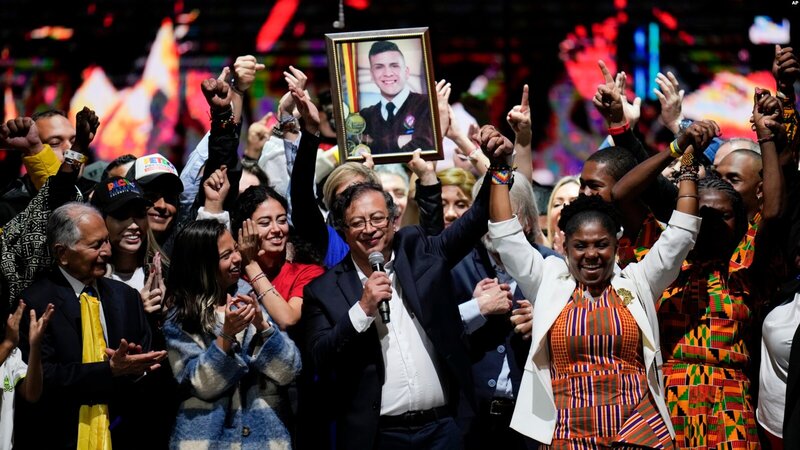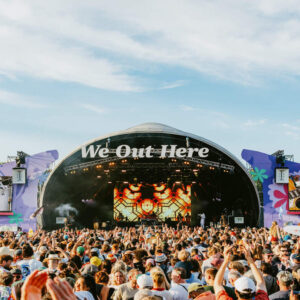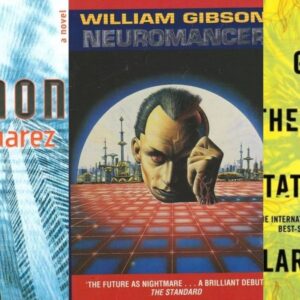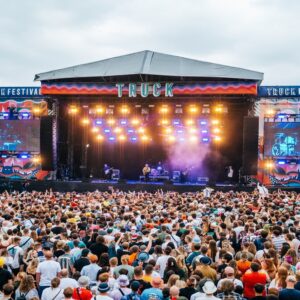Celebrations continue across Colombia, as Colombia elects Gustavo Petro a former M-19 guerrilla, a former senator and the former mayor of Bogotá, as their President and Francia Marquez, environmental activist as the country’s first Black vice president. The historic vote took place on Sunday in Colombia.
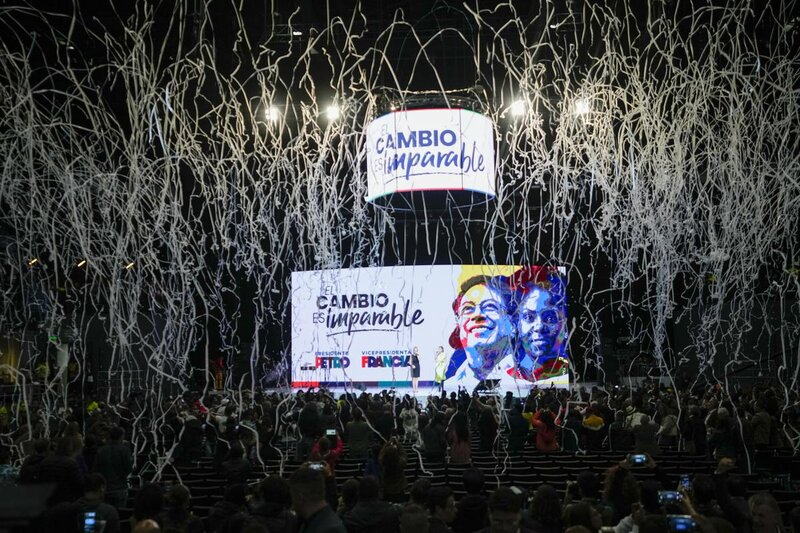
For the first time left leading ticket has captured the presidency electing Gustavo Petro and Francia Marquez, his running mate, the Afro-Colombian environmentalistactivist the first vice president. The win means South America’s 3rd largest nation may move left after decades of conservative leadership. A direction that is already being make with skepticism. Mr. Petro won the election over 50% of the vote in a runoff, defeating right-wing real estate millionaire Rodolfo Hernández, who received about 47% of the vote. Though they made the victory over right-wing now their major challenge will be to pass legislation in the conservative Congress, hence, they lack a majority. Although “The hurdle has been overcome by winning the election, but the main hurdle, the establishment, cannot be changed by the government; says Manuel Rozental, Colombian physician, activist and grassroots organizer.
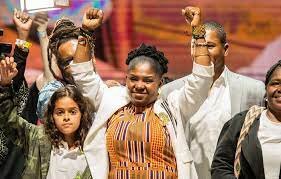
Petro’s vice president, Francia Márquez Mina, a prominent land and water defender. She the winner of prestigious Goldman Environmental Prize in 2018. On Sunday, Francia Márquez addressing supporters said, “we have made an important step forward. We will have a government after a long wait of 214 years, that represents the people” and thanked them.
Latin America, the 3rd largest nation now becomes the latest country to shift left in a region shattered by the pandemic’s economic on fall. Petro’s triumph, in one of the most historically conservative countries on the continent, is an example of how widespread unrest has shaken the status quo. His tremendous victory is not only because of his political ideology but also because of his life story: A former clandestine guerrilla, who served time in prison in the 1980s for his involvement with a rebel group. However, he will be the president of a country which is still revolving from armed criminal violence. His presidency could have profound involvement for Colombia’s economic role model, and its relationship with other countries in the hemisphere.




